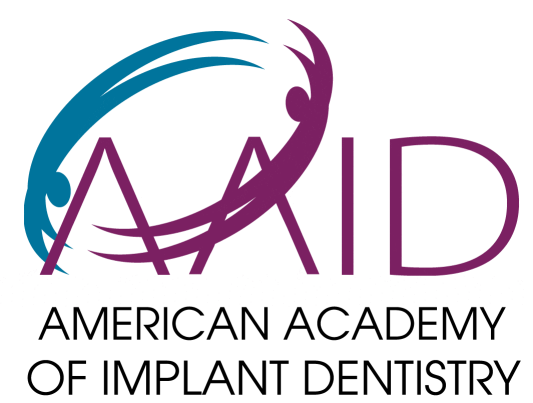Dental implants stand out as a trusted and effective solution for missing teeth. Yet, many people wonder about their safety. This blog dives deep into the safety of dental implants, addressing prevalent concerns and highlighting their dependability.
Are Dental Implants Safe?
Yes, Dental implants are very safe if skilled experts carry out dental implant surgeries, ensuring meticulousness and diminishing potential complications. The evolution in medical tech and surgical methodologies has only amplified the safety and consistency of these treatments.
Why Choose Dental Implants?
Dental implants have earned their reputation as a dependable method for fixing those gaps left by missing teeth. Their stellar track record, with research indicating a success rate soaring above 95%, is largely attributed to harmonious materials like titanium. These materials bond perfectly with the jawbone in a phenomenon termed osseointegration.
Dental implants aren’t just about looking good. They come packed with a range of advantages:
- Functionality: They mimic natural teeth, letting you eat, chat, and grin with gusto.
- Durability: With the right care, they’re in it for the long haul, proving to be a lasting asset.
- Jawbone Conservation: Implants play a role in jawbone stimulation, warding off the bone deterioration that usually accompanies lost teeth.
- Boosted Self-Esteem: Rediscover your inner confidence with a full, radiant smile.
Understanding the Procedure
The process of getting a dental implant is systematic:
- Initial Dental Check-up: Your dental expert will scrutinize your oral health to see if implants are the right fit for you.
- Setting the Implant: In this surgical phase, the implant finds its home in the jawbone. Local anesthesia ensures you’re at ease.
- Osseointegration: Over months, the implant and jawbone become best friends, forming a robust base.
- Fixing the Abutment: Post osseointegration, an abutment is fixed to the implant, acting as a bridge to the new tooth.
- Crown Replacement: The culmination is the fitting of a tailor-made crown on the abutment, finalizing the restoration.
Addressing Safety Concerns
- Infections: Like any surgery, there’s a slim chance of infections. But fear not, dentists arm you with antibiotics, and maintaining oral cleanliness further slashes this risk.
- Allergies: Titanium, the implant superstar, is rarely the villain when it comes to allergic reactions. Its track record and extensive studies vouch for its compatibility and safety.
- Nerve Injuries: Contemporary techniques paired with advanced imaging tools ensure the implant is placed with pinpoint accuracy, slashing nerve damage risks.
For residents of Ashburn, Leesburg, and Lansdowne, VA, choose Lansdowne Family Dental for quality dental care. We offer various dental services with a patient-centric approach. Start your dental journey with us. Contact us!
FAQs
- Do Dental Implants Cause Pain? The procedure is typically a breeze thanks to anesthesia. Post-surgery, any discomfort is easily tackled with recommended painkillers.
- How Successful Are They? Dental implants proudly flaunt a success rate exceeding 95%, making them a go-to for tooth replacements.
- Recovery Time? Initial healing is a matter of days to a week. For complete osseointegration, give it a few months.
- Can They Fail? On rare occasions, yes. Culprits include neglecting oral care, unchecked diabetes, or tobacco use. Regular check-ins with your dentist can avert this.
- Age Barriers? Age is just a number. The real deal is the health of your jawbone and gums. Many seniors qualify for implants if they tick these boxes.
- Is Smoking a No-Go? While smoking ups the complication ante, it’s not an outright deal-breaker. Kicking the habit pre-surgery can up your success odds.
Conclusion
In conclusion, dental implants are indeed a safe and effective option for restoring your smile and oral functionality. With high success rates, minimal risks, and a multitude of benefits, they provide a reliable solution for those seeking tooth replacement. Always consult a qualified dentist to determine the best approach for your individual oral health needs.






